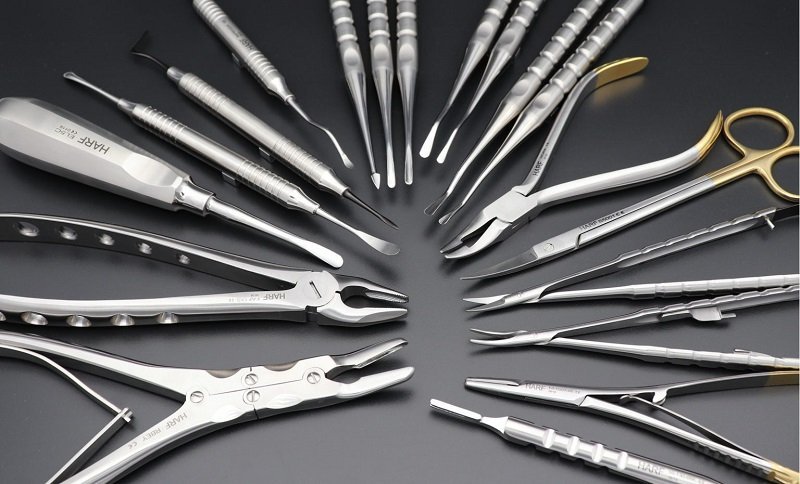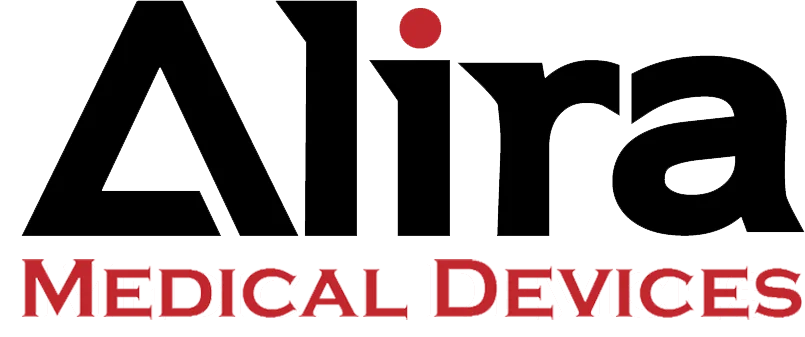- Your cart is empty
- Continue Shopping
Advanced Dental Surgery Tools: Precision Instruments for Professional Care

Precision and efficiency in dental care are of the utmost importance, whether performing routine cleanings or complex dental surgeries. As dental professionals, we recognize the significance of using appropriate tools to attain maximum procedure effectiveness; advanced dental surgery tools have revolutionized how dentists and oral surgeons perform procedures while assuring both efficiency and patient comfort.
Precision Is Key in Dental Surgery Dental surgery—from extractions and implant placements to patient recovery time—demands extreme precision. Any misstep could result in complications or long-term issues for the patient; dentists rely on high-quality tools explicitly designed to perform specific tasks to minimize these risks. These advanced tools make procedures safer while shortening their clients’ recovery periods.

Key Tools of Dental Surgery
Surgical Scalpels and Blades
An accurate scalpel is indispensable when performing soft tissue incision procedures in dental surgery, including gum surgery, oral biopsies, and reconstructive procedures. Clean incisions reduce bleeding while speeding healing times for these delicate processes. A fine-bladed scalpel ensures clean cuts with minimum bleeding for faster healing times and faster recoveries.
Dental Elevators
Elevators are used to lift and loosen teeth temporarily before extraction. Their designs accommodate any particular tooth extraction need—broken, impacted, or gentle removal—while ergonomic handles with special tips enable more control and less force, ultimately resulting in a more straightforward procedure.
Dental professionals use dental forceps to grasp, hold, and precisely manipulate tissues and teeth in various dental situations. Special-purpose forceps are available to extract particular types of teeth quickly and painlessly. Their fast extraction capabilities make them suited for difficult areas to work efficiently.
Surgical Drills and Implants
High-speed drills have revolutionized dental surgery. When performing procedures like root canal treatments or implant placement, such drills allow surgeons to navigate hard tissues such as bone or tooth structure with incredible accuracy, guaranteeing the long-term success of dental implant placement procedures.
Sutures and Needles
Following surgical procedures, suturing is often necessary to close incisions. Modern needles and sutures, including non-resorbable threads that dissolve over time and resorbable threads that allow minimal scarring while decreasing recovery times; modern needle designs optimize ease of use so the surgeon can stitch soft tissues precisely.
3D Imaging and Laser Technologies
One of the greatest advancements in dental surgery tools is 3D imaging and laser technologies. These technologies provide detailed views of a patient’s mouth, so dental professionals can plan surgeries more precisely than before. Lasers have also proved particularly helpful during soft tissue procedures, cutting through tissue without excessive bleeding or damage to nearby areas, ultimately lowering infection risks significantly.
Adopting technology-enhanced dental surgery tools not only increases the effectiveness of procedures but also contributes to enhanced patient experience. With less invasive approaches and shorter recovery periods, as well as accurate results that offer faster healing with reduced post-surgery complications, discomfort during dental treatments becomes far less of a worry than ever.
Dental professionals who keep up to date with advances in surgical tools can offer patients superior care, giving them greater assurance in the quality of treatment provided at the office.


